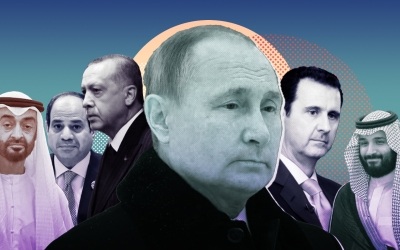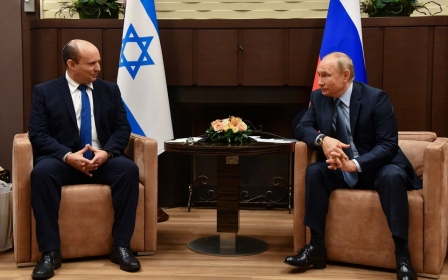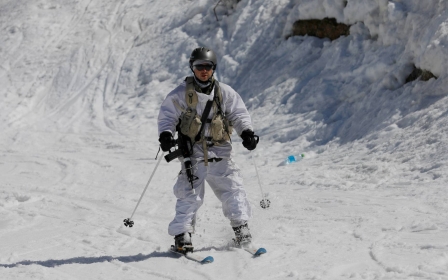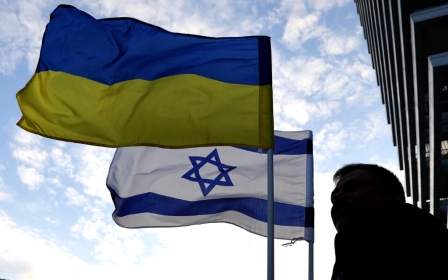Israel underwrites airlines flying to Russia despite sanctions
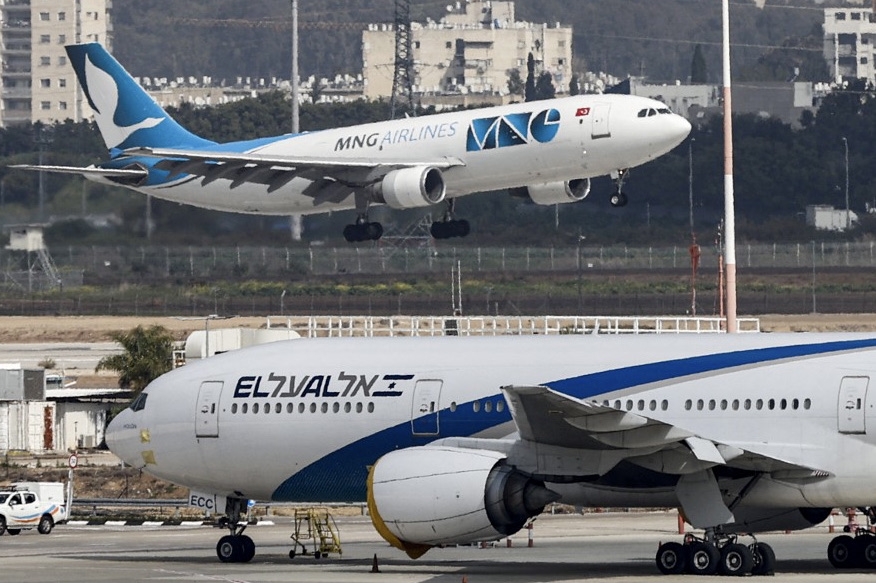
Israel was poised on Tuesday to extend financial guarantees for its airlines to fly into Russia, raising criticism in Kyiv as most western airlines are boycotting Russia over its invasion of Ukraine.
A source in Israel's finance ministry, who spoke anonymously in order to be able to freely discuss pending decisions, told AFP that the office would seek to extend underwriting put in place last week for Israeli airlines flying into Russia that are not eligible for their regular insurance because of current sanctions.
The $2bn guarantees had been set to expire on 9 March.
Britain, Canada, the European Union, and the United States have suspended flights to Russia and closed their airspace to Russian aircraft as part of sanctions.
Russia retaliated, blocking airlines from those countries from flying over its territory.
Air links are still open from some countries to and from Russia, including Turkey, Qatar, and the United Arab Emirates.
Israeli Prime Minister Naftali Bennett has not joined the sanctions as he attempts to balance relations with Kyiv and Moscow.
Bennett flew to Moscow on Saturday in an effort to mediate between Russian President Vladimir Putin and his Ukrainian counterpart Volodymyr Zelensky.
Apology
Ukraine's foreign minister apologised on Tuesday after accusing Israel's flag-carrier airline El Al of continuing to accept payments through Russia's Mir payment system - an allegation denied by the company.
Posting a picture of El Al's payment page on Twitter on Monday, Dmytro Kuleba said the use of the payment system was "immoral and a blow to Ukrainian-Israeli relations".
"While the world sanctions Russia for its barbaric atrocities in Ukraine, some prefer to make money soaked in Ukrainian blood," he wrote.
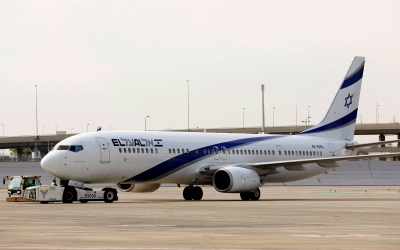
"Here is [El Al] accepting payments in Russian banking system ‘Mir’ designed to evade sanctions."
However, El Al said it had banned Mir payments since 28 February.
"We are sorry that a simple check was not made with us before the misleading tweet, as the facts differ in the purpose of the change," it said in a statement.
Mir was developed following the sanctions imposed on Russia in the wake of its takeover of Crimea and has processed most domestic payments in Russia since then.
On Tuesday, Kuleba publicly apologised for making the accusation.
“Indeed, the ‘Mir’ payment button remained on the website, but the use of it was blocked,” he tweeted.
“I am grateful to El Al for its important humanitarian operations and convey my apologies.”
Balancing act
The spat again highlighted the difficulty Israel faces in trying to balance its relationships with both Russia and Ukraine.
The country has largely attempted to avoid antagonising Russia, a longtime ally, over its invasion of Ukraine and has instead attempted to present itself as a possible mediator between the two sides.
On Saturday, Bennett spent three hours with Russian President Vladimir Putin at the Kremlin.
Bennett said he had a "moral obligation" to try and stem the fighting in Ukraine. Hundreds of Jews from the country have been evacuated to Israel since the violence began.
'Even if the chance is not great… I see this as our moral obligation to make every effort'
- Naftali Bennett
"Even if the chance is not great - as soon as there is even a small opening, and we have access to all sides and the capability - I see this as our moral obligation to make every effort," he said on Sunday, prior to his weekly cabinet meeting.
Unlike his western allies, Bennett has been cautious not to criticise Russia's actions in too forceful terms.
Part of this is thought to stem from Israel's need to coordinate with Russia when launching attacks on Syria.
Israel regularly launches airstrikes against its northern neighbour, claiming to be targeting groups affiliated with arch-rival Iran and the Lebanese Hezbollah movement.
Middle East Eye delivers independent and unrivalled coverage and analysis of the Middle East, North Africa and beyond. To learn more about republishing this content and the associated fees, please fill out this form. More about MEE can be found here.


